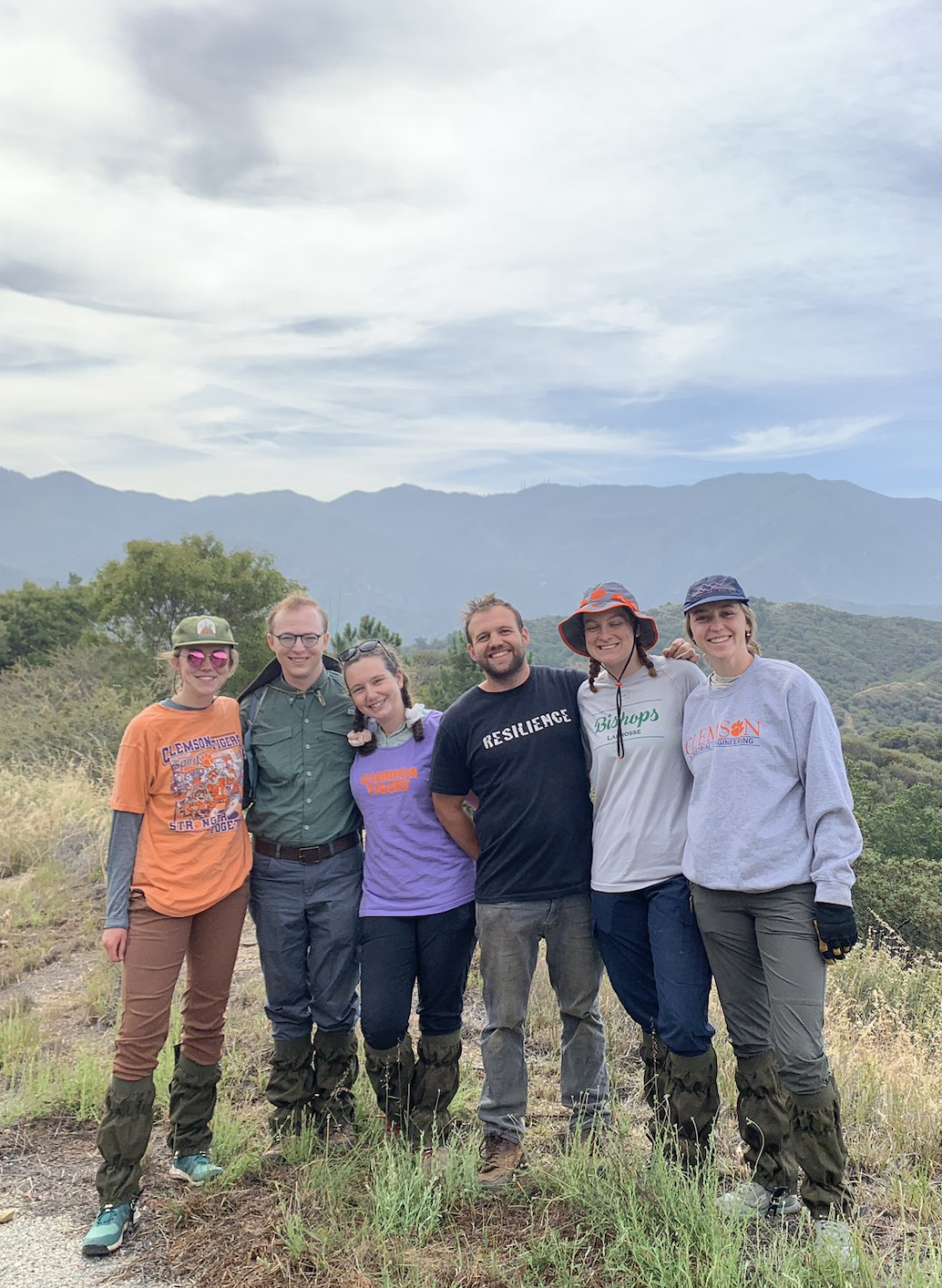Team Bedrock co-Principal Investigator Dr. Brady Flinchum leads a Critical Zone research group at Clemson University. He supervises both graduate and undergraduate students as they develop and execute research projects in geophysics - many of which they will ultimately publish in academic journals, present at conferences, and use for their theses.
In the most recent academic year, the Clemson Critical Zone Geophysics group felt very different from many lab groups, and Dr. Flinchum was the first to point it out. The students weren’t only coworkers - they were good friends. They leaned on each other for support both in and out of the lab, made efforts to spend time together without their advisor, and really just enjoyed each other.
This isn’t always the case when it comes to research groups; in fact, it’s quite often the opposite of what occurs. Labs can be really competitive spaces, particularly when the Principal Investigators (PIs) encourage that competition to push students. Dr. Flinchum doesn’t believe in that. His goal is to create a safe environment for his students, one that allows them to feel comfortable speaking up, making mistakes, and going to each other (or him) for help. And for Dr. Flinchum, part of that means remembering that his students have lives outside of the lab or the classroom - realizing that school is their job, not their life. So when his students want to take vacations, prioritize self-care, or even share memes at the beginning of lab meetings, he’s all for it. He also makes time and space for his students to be in spaces without him, spaces where they can come together socially and interact without the pressure of having their boss in the room.
Even with all of his guidance and facilitation, Dr. Flinchum also acknowledges that that group of students was just special. They got along well, made space for each other, and prioritized their relationships with each other, and that’s something that a PI can only cultivate, not create in the first place.
What advice would he give to students looking to join a research group that prioritizes personal connection and academic collaboration? Talk to current students about it. Ask them about the culture of the lab - if they’re able to get out of the lab to do fun things, if their advisor invests in their personal lives as well as their professional selves, and what the support from fellow students looks like.

 Bedrock
Bedrock